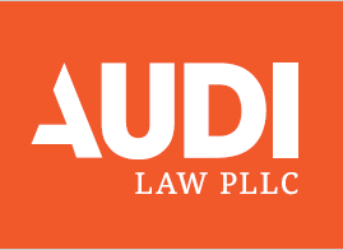When you’re a homeowner in financial distress, you may be looking into a number of different possibilities. Should you let your home go through foreclosure? Should you ask the bank if you can offer a deed-in-lieu of foreclosure to try to minimize the impact of the default on your credit? Should you ask for the ability to pursue a short sale?
All of these are options, but they generally all come with a big potential drawback known as a “deficiency judgment.”
What’s a deficiency judgment?
Basically, when a property is sold by the bank through a sheriff’s sale after a foreclosure (or a deed-in-lieu of foreclosure) or offloaded at a discount through a short sale, that usually leaves the lender with less than they’re actually owed on the defaulting owner’s old mortgage. In those situations, Pennsylvania law gives the lender the right to seek a deficiency judgment to try to recover the remainder. That can come as a devastating shock to the system when you’re not expecting it.
Is there any way to avoid the situation?
You need to fully explore all your debt relief options. A Chapter 7 bankruptcy may not save your home if you’re already in default on your mortgage, but a Chapter 13 bankruptcy might. If you’re not in default, a Chapter 7 may give you the financial breathing room you need to keep up your mortgage payments.
You’ve probably heard of “out of the frying pan and into the fire” situations – and that’s exactly what you may find yourself facing if your home is foreclosed upon or sold for less than it’s worth. Seeking experienced guidance can potentially help you to legally manage your debts with more success.

